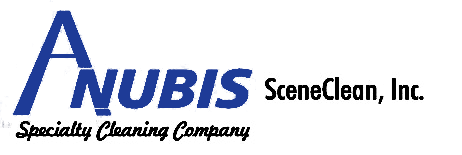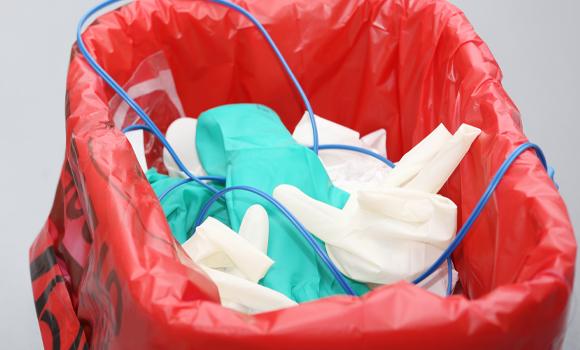Things to know about medical waste pickup
Anubis SceneClean, Inc. provides medical waste pickup in Dallas, McKinney, Fort Worth, Irving, Plano, Denton and surrounding areas.
These are five important points to know about medical waste pickup:
- Regulatory Compliance: Medical waste disposal is subject to strict regulations to prevent public health hazards and environmental contamination. Familiarize yourself with local, state, and federal regulations governing the handling, storage, transportation, and disposal of medical waste. Non-compliance can result in hefty fines and legal consequences.
- Segregation and Packaging: Proper segregation and packaging of medical waste are crucial. Different types of medical waste, such as sharps, biohazardous materials, and pharmaceutical waste, must be separated and packaged appropriately to minimize risks to handlers and the environment. Use designated containers labeled with biohazard symbols and follow guidelines for sealing and labeling containers.
- Scheduled Pickup Services: Many medical facilities rely on scheduled pickup services provided by specialized waste management companies. These companies collect, transport, and dispose of medical waste in compliance with regulatory requirements. Establish a reliable pickup schedule based on the volume and type of waste generated by your facility to ensure timely removal and minimize storage risks.
- Documentation and Record-Keeping: Maintain accurate documentation and records of medical waste pickup activities. This includes tracking the quantity and type of waste collected, dates of pickups, and the name of the waste management company responsible for disposal. Detailed records facilitate regulatory compliance audits and help demonstrate adherence to best practices in waste management.
- Training and Education: Proper training and education are essential for staff involved in the handling and disposal of medical waste. Ensure that personnel are trained in the safe segregation, packaging, and storage of medical waste, as well as emergency procedures in case of spills or accidents. Regular training sessions and updates on regulations and best practices help maintain compliance and promote a culture of safety within the facility.
By understanding and implementing these key points, medical facilities can ensure safe and compliant handling of medical waste, protecting both public health and the environment. Please call us without hesitation.




